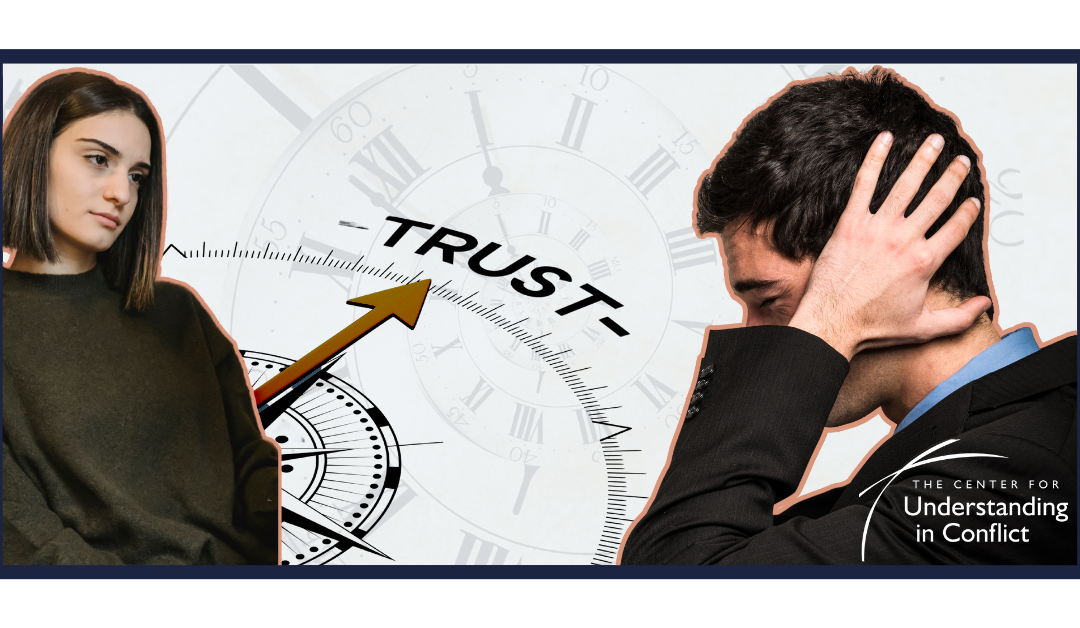People say “talk is cheap” because words come easily, don’t cost a thing, and can be used as an apparent quick fix to a thorny problem. Salespeople overcome objections with fanciful responses designed to put an unsure mind at ease. Politicians always seem to know what to say to distract, divert, or derail an uncomfortable truth that’s come to the public’s attention. “Talk is cheap” typically comes up in our personal lives when someone repeatedly says they will or will not do something and the promised outcome does not materialize. These promises, and their resulting expectations, fail to hold beyond their initial creation. They fade away, only to be replaced by the same behavior and another round of apologies, promises and expectations of real, sustained change – this time.
There’s no easy fix to cheap talk. Very often, the act of admitting fault or guilt is hard. Even when it is necessary to prevent a relationship or life circumstance from completely falling apart, relinquishing “your truth” and acknowledging a different reality is tough. And when faced with the conflict that may come in return, it feels like an insurmountable obstacle. A proper and sincere apology can be a step towards restoring trust. Of equal importance, those harmed may have peace if they can find forgiveness. Coming to a place of apology, accountability and forgiveness takes a lot of understanding, communication, and a willingness to face the problem. Only after reaching this point can the real work begin – building trust and moving forward in a long-term and meaningful way.
From marriages on the brink of collapse to strained workplace relationships, the cycles of admission and forgiveness can seemingly go on forever without fundamental change. With each unsuccessful cycle, both sides may withdraw to a place from where moving forward seems impossible. Likely, those caught in broken promises and hollow apologies have not yet received appropriate guidance or taken the time to fully explore the circumstances that brought them to that point. Changing the pattern in the future is often only possible when apologies lead to changed behavior and forgiveness leads to changed relationships, with both woven into a commitment that reinforces accountability.
Join Catherine Conner and Armine Baltazar on January 17 at 12:00 PM PST to discuss how to define apologies, forgiveness, and accountability while exploring how they intersect, and how a conflict professional can build awareness, contract about the process, manage risks, and have conversations about harm, apologies, accountability, and forgiveness.
